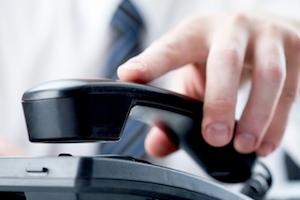Important to You
November 2016 – Signs That a Charity Might Be a Scam

It seems that as the holidays approach, requests from charities spike. While there are a lot of good causes out there, there are just as many, if not more, fraudulent ones. I recently came across a survey conducted a couple of years ago which uncovered about 6,000 so-called charities that weren’t exactly what they said they were. Many of these are for-profit companies that spend more on operating costs and fundraising efforts than on the cause they profess to help.
The survey took an in-depth look at 50 of the worst of these charities and found they applied less than 4% of donations collected directly to aid, using the remaining 96% of funds for things like paying salaries and consulting fees, financing contracts with friends and bankrolling startup expenses. A “good” charity should spend no more than 35% of money donated on fundraising, according to non-profit industry experts.
There are several red flags to help you distinguish good charities from scams. Be wary if you are:
- Harassed or threatened
- Thanked for a pledge you don’t recall making
- Asked to make donations in cash, with a prepaid card, or by wire transfer
- Guaranteed a “prize” or “gift” in exchange for your donation
- Pressured to make an immediate contribution
- Directed to make your donation payable to an individual rather than the charity
- Unable to get a phone number or website address for the charity.
Fake charities often use names similar to better-known, legitimate charities. Unfortunately, this confusion can result in legitimate charities getting blamed for the actions of the fake ones. Then everyone loses.
The holidays are traditionally a time of goodwill, and charitable donations are one way to express that. Do your homework and don’t let the scam artists dampen your spirit.
Have a Happy Thanksgiving!












